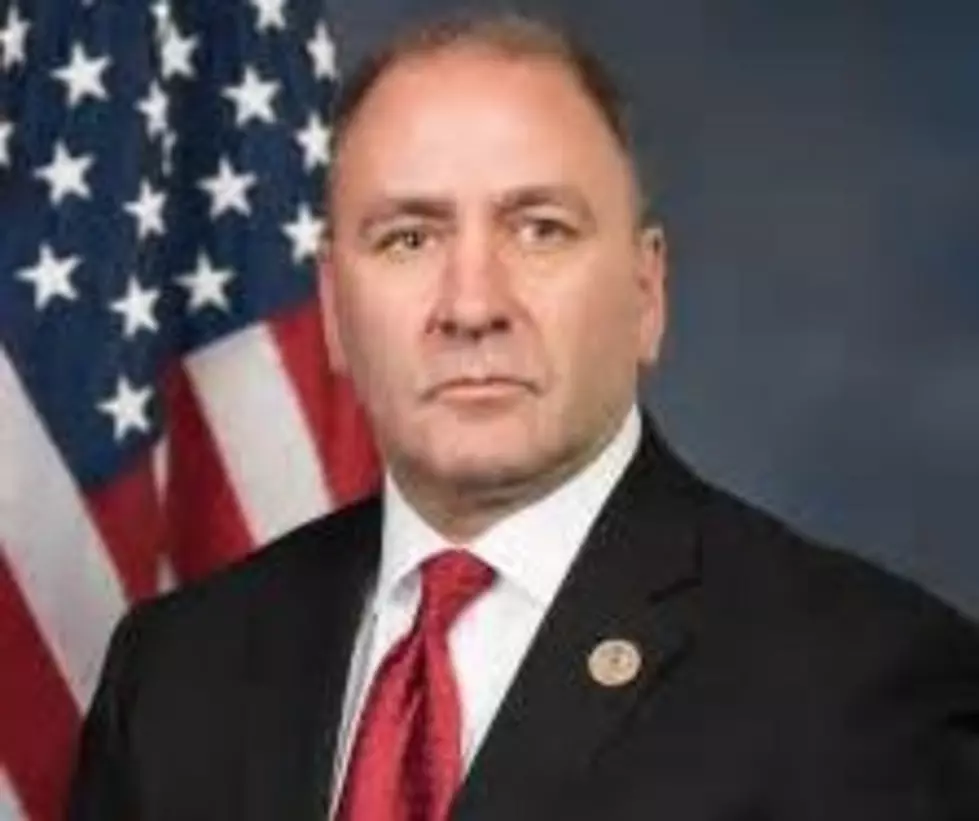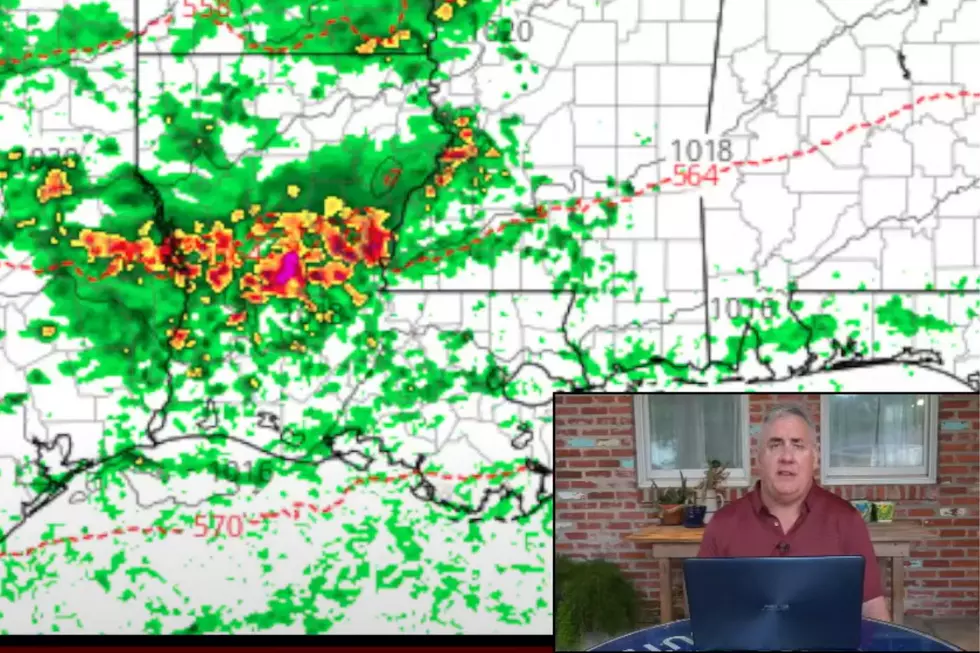
Tax Foundation & Rep. Clay Higgins Each Warn Of Potential Impacts From Steel Tariff
The Trump Administration is backing a plan to impose tariffs on steel and aluminum imports. The plan is aimed at making American metal production more competitive at home.
But, Director of State Projects at the nonpartisan Tax Foundation Scott Drenkard says as a port state, the proposal hits Louisiana particularly hard.
“Louisiana is not the biggest state in the country but it is one of the states that would be most impacted by this policy, and it would be about half a billion dollars in total impact in a given year.”
The Tax Foundation estimates the tariffs would cost the US 9 billion dollars a year.
Much of Louisiana’s economy is dependent on the imported goods that crowd our docks. Drenkard says if history holds up, many of those jobs could be at risk.
“The last time in 2002 that the administration placed tariffs on steel imports, an analysis afterwards suggested that 200,000 Americans lost their jobs as a result.”
Drenkard says while some jobs may be saved as a result, consumers would notice a price increase on many of their favorite goods.
“Basically anything that is made of out steel and aluminum is likely to see price increases. I think we’ll all be looking at items that are made out of steel and aluminum and saying, do I really want to pay more for these everyday items?”
The tariffs would tax steel at 25 percent, and aluminum at 10 percent.
Meanwhile, Congressman Clay Higgins (R-LA) is sharing his concerns as well. He authored a letter to President Trump, outlining potential negative impacts on the LNG industry from a proposed tariff on imported steel and aluminum.
The letter notes the $120 billion in private investment projects that have already begun or planned construction in Southwest Louisiana, saying that a new tariff on steel would alter project costs and endanger new project development.
Congressman Higgins issued the following statement:
“I agree with President Trump that we should promote trade policies that place Americans first. However, we must also consider the American industries that rely upon imported steel. We have major industrial growth in South Louisiana from the LNG industry that requires specialty steels, which aren’t available domestically. They have no option but to import those materials in order to complete project construction. A new tariff, or tax, on imported steel would increase the costs of production and alter the economic benefit model for every one of the ongoing and announced projects in our state. I am hopeful the President will take the economic impact of this industry into account as he considers changes in trade policy.”
More From News Talk 96.5 KPEL








